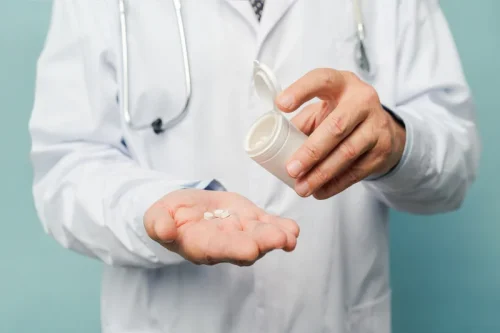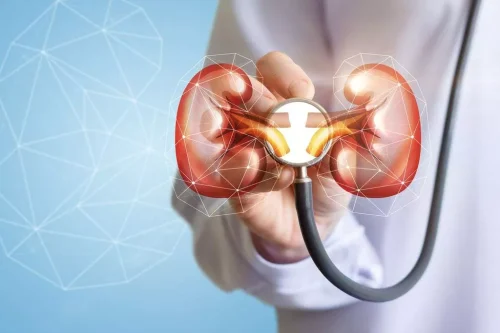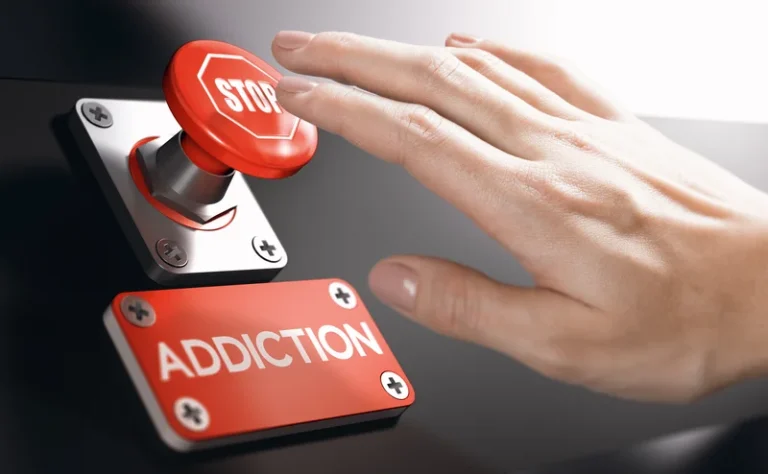Prescriptions, Opioids, and Fake Pills

Some medications may cause side effects, and certain people should not take them. In combination with other treatment methods, such as therapy and support groups, medications can be an important part of a comprehensive treatment plan. They are most effective in people who participate in a treatment plan that combines medication and behavioral therapy.
- Small amounts of alcohol can make it dangerous to drive, and when you mix alcohol with certain medicines you put yourself at even greater risk.
- Stimulants and sedatives (such as alcohol) mask each other’s effects.
- Medications can interact with alcohol to produce different or increased effects.
- The Dietary Guidelines for Americans say that adults of legal drinking age should either not drink or drink in moderation.
- In fact, a recent study published in the American Journal of Psychiatry found that naltrexone helped to significantly reduce binge drinking among men with mild to moderate alcohol use disorder.
- The effects of the mix can be especially serious—if not deadly—when the cough medicine also contains alcohol.
Can I drink alcohol with Praluent or Repatha?

May be useful (alone or in combination with other antidepressants) in patients with refractory depression. Physical addiction appears to occur when repeated use of a drug changes the way your brain feels pleasure. The addicting drug causes physical changes to some nerve cells (neurons) in your brain.
When to contact a doctor about drinking

A 2006 Harvard study found that moderate alcohol use did not have a significant negative effect on the livers of men taking statins after heart surgery. You might not need to completely avoid alcohol if you are taking a blood thinner. The American Heart Association (AHA) recommends limiting your intake to no more than one or two occasional drinks if you are on anticoagulant therapy. If you mix any type of anti-nausea drug with alcohol, the side effects of the medication can become more intense. The following list of medications that shouldn’t be mixed with alcohol isn’t exhaustive. You should always read the label of any medication and check with a doctor to be sure you are safely taking a medication.

Withdrawal therapy
Revia and Vivitrol are not like other anti-alcohol drugs that cause intense sickness and hangover sensations when taken with alcohol. People with severe heart disease Alcohol and Pills or who are pregnant should not take disulfiram. A healthcare professional may decide if disulfiram is suitable for someone who has diabetes or is over 60 years old.
- The resources below can help alert you and your patients to important potential risks.
- The effects of mixing alcohol with medication also depend on certain individual factors.
- If you have angina, you might be prescribed a medication called nitroglycerin.
- The information contained in the monograph is not a substitute for medical care.
If you do start using the drug, it’s likely you’ll lose control over its use again — even if you’ve had treatment and you haven’t used the drug for some time. As your drug use increases, you may find that it’s increasingly difficult to go without the drug. Attempts to stop drug use may cause intense cravings and make you feel physically ill. • Disulfiram, which can be used after at least 12 hours without alcohol, causes unpleasant symptoms (nausea, vomiting, chest pain, sweating and weakness) if alcohol is consumed.
- And “individuals who have a past history of a substance-use disorder—from smoking, drinking or other drugs—are at greater risk,” she says.
- By Buddy TBuddy T is a writer and founding member of the Online Al-Anon Outreach Committee with decades of experience writing about alcoholism.
- There are many treatment options available, and a doctor can help determine the best course of action for each individual.
- It is important you limit alcohol consumption with Juxtapid to no more than one alcohol-containing drink per day.
- Whatever the method of delivery, seek immediate medical care after using naloxone.
Prescription drugs and alcohol can be a dangerous combination, Volkow says. Painkillers and booze are perhaps the worst to mix, because both slow breathing by different mechanisms and inhibit the coughing reflex, creating “a double-whammy effect,” she says, that can stop breathing altogether. Neuropsychiatric manifestations, including confusion, delusions, hallucinations, psychosis, disturbances in concentration, and paranoia, reported in patients receiving bupropion in depression trials. In some cases, symptoms diminished with dosage reduction or withdrawal of therapy.

Can I drink alcohol if I take Juxtapid?
So, mixing the two together increases the likelihood of overdose on either substance. If you lie about the amount of alcohol you consume on a regular basis, your doctor can’t accurately judge the risks and benefits of prescribing a particular medication. Here is what you need to know about the possible unsafe interactions between alcohol and common prescription and over-the-counter https://ecosoberhouse.com/ medications. Therefore, cessation of smoking (with or without adjunctive use of bupropion) may result in decreased enzyme induction and altered metabolism of some drugs (e.g., theophylline, warfarin, insulin); consider dosage adjustment. Use of bupropion hydrochloride extended-release, 450-mg tablets (Forfivo XL) not recommended in patients with renal impairment.
Addiction Science
Potential pharmacokinetic interaction (altered serum concentrations of bupropion) with drugs that induce or inhibit CYP2B6. Carefully consider these findings when assessing potential benefits and risks of bupropion in a child or adolescent for any clinical use. Advise patients to contact a clinician if adverse neuropsychiatric effects occur. Discontinue bupropion extended-release tablets (e.g., Wellbutrin XL, Forfivo XL, Aplenzin) if such reactions occur. Assess BP before initiating bupropion and monitor periodically during therapy, especially in patients receiving concomitant nicotine replacement therapy. Safety in patients with recent history of MI or unstable heart disease not established.
If your health care provider prescribes a drug with the potential for addiction, use care when taking the drug and follow instructions. Alcohol and Xanax—both of which reportedly were found in Houston’s hotel room immediately after her death—are dangerous when consumed together for several reasons. One has to do with the similar processes by which the body expels them. Alcohol circulating in the body eventually ends up in the liver, where it is metabolized by enzymes called alcohol dehydrogenase and cytochrome P450.
- Taking some drugs can be particularly risky, especially if you take high doses or combine them with other drugs or alcohol.
- Counselors can provide information about treatment options and local support groups.
- SAMHSA Offices and Centers provide national leadership to advance the agency’s mission and improve the behavioral health of the nation.
- Heavy alcohol use can also cause problems at home, at work, and with friends.
- Beste also advises her patients to take a vitamin B1 supplement (also known as thiamin), since many people with alcohol dependence become deficient.
- Alcohol and Xanax—both of which reportedly were found in Houston’s hotel room immediately after her death—are dangerous when consumed together for several reasons.
